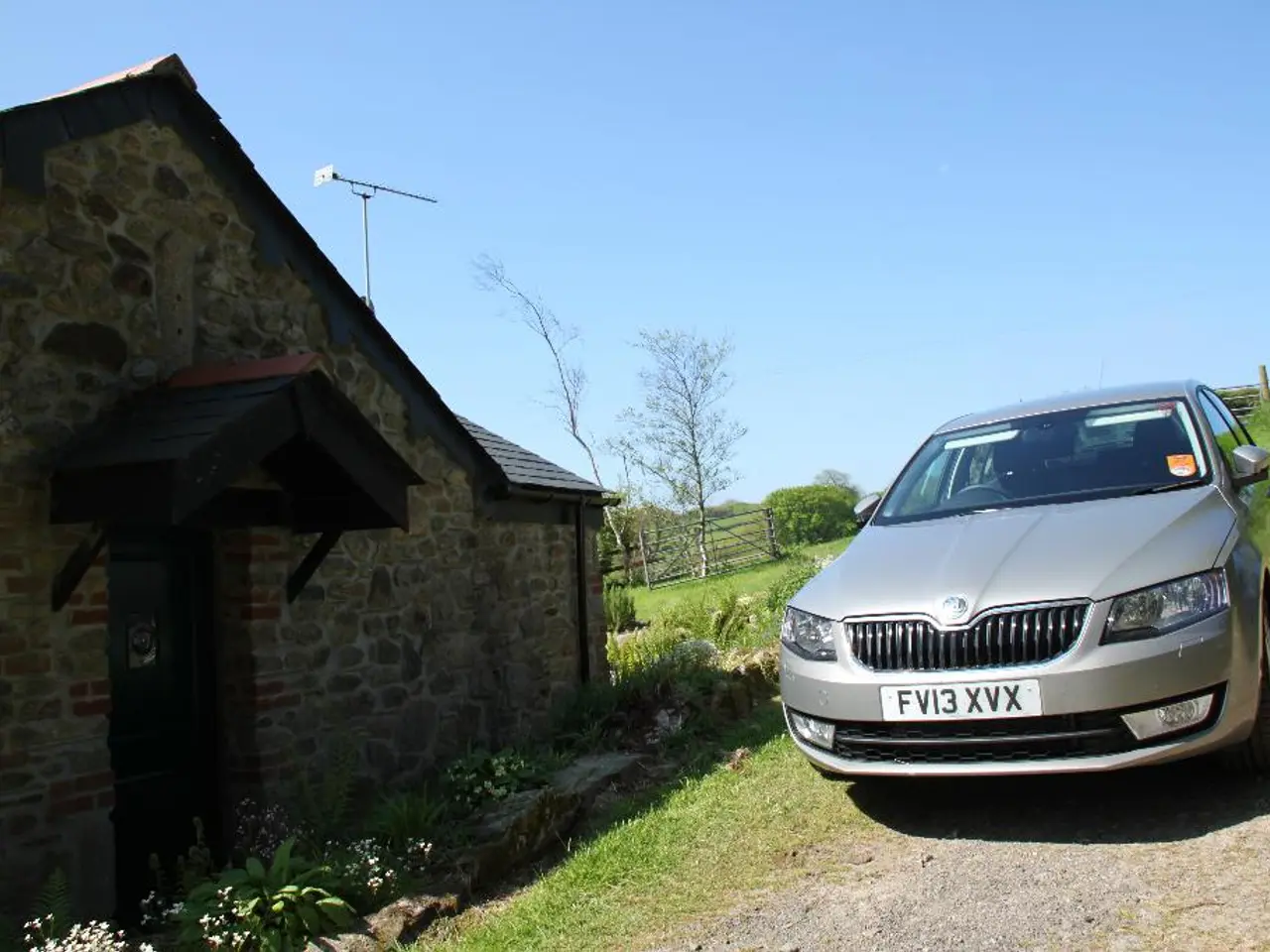"In Harald Lesch's climate documentary, it appears that even Texas shows more environmental progress than Germany, as the issue of climate change escalates globally"
In the latest instalment of "Terra X Harald Lesch," aired last week on ZDF, renowned Munich university professor Harald Lesch delves into the global climate crisis and the strategies different nations employ to combat it. The first part of the documentary, titled "A Friendly Climate - How to Achieve It," offers a dramatic portrayal of forest lands ravaged by wildfires, serving as a stark reminder of the urgent need for action.
The second part of the documentary, airing on Tuesday, August 5, at 10:45 PM on ZDF, focuses on solutions. Entitled "Friendly Climate - How to Get It," this segment explores various approaches to climate change, with a particular focus on Texas and Germany.
Texas, a state traditionally known for its oil and gas production, has recently made strides in alternative energy. After a catastrophic cold snap caused their non-winterized energy infrastructure to collapse, Texas has been investing in an alternative energy network. As of 2025, the Lone Star State produces about 30% of its electricity from renewables, with wind power leading at roughly 22% and solar at about 8%, complemented by nuclear at 7%. However, fossil fuels still dominate, providing over 60% of Texas’s electricity, mainly natural gas (50%) and coal (12%).
In contrast, Germany generates over 50% of its electricity from renewables. Wind capacity exceeds 65 GW (both onshore and offshore), and solar capacity surpasses 70 GW, despite Germany’s relatively low solar irradiance. The German energy transition is heavily driven by robust government policies such as feed-in tariffs, subsidies, and incentives for rooftop solar adoption and net metering, encouraging private investment and distributed generation.
Key differences and reasons for their approaches are outlined in the documentary. Texas's status is strong in wind and solar but still fossil-fuel heavy, growing renewables mainly through market forces and resource availability. Germany’s energy transition, on the other hand, is characterized by stronger government intervention and a higher renewables share despite economic and geopolitical challenges.
Volker Quaschning, a professor of regenerative energy systems at HTW Berlin, criticizes the neglected expansion of energy storage in Germany for years, leading to a real boom in energy storage and renewable energy production in Texas. Quaschning expresses frustration about Germany's excessive discussions on heat pumps and electric mobility, fearing economic dependence on other countries like China. His greatest wish is for Germany to overcome skepticism and become a country that enthusiastically embraces future technology.
Harald Lesch, the documentary's moderator, calls for a "cultural shift" to implement the many good initiatives for climate protection. He emphasizes that the problem of greenhouse gas emissions needs to be tackled at the root, mainly caused by industry. The documentary also mentions the use of CO2 capture and storage methods in Iceland, which could play a decisive role in the climate crisis, but are currently too expensive and complicated.
This article was created in cooperation with teleschau. Lesch concludes by urging for a comprehensive approach to climate change, emphasizing the need for a cultural shift in attitudes towards renewable energy and climate protection initiatives.
[1] Texas Renewable Energy Data, U.S. Energy Information Administration (EIA) [2] Germany Renewable Energy Data, Federal Statistical Office of Germany [3] Electricity Demand and Renewables Growth in Texas, U.S. Energy Information Administration (EIA) [4] Germany's Energy Transition: Challenges and Opportunities, International Renewable Energy Agency (IRENA) [5] Overview of Texas's Energy Mix, U.S. Energy Information Administration (EIA)
- The second part of the documentary "Terra X Harald Lesch," airing on Tuesday, August 5, at 10:45 PM on ZDF, delves into solutions for combating climate change, focusing on Texas and Germany.
- Amidst the focus on Texas's progress in alternative energy, Volker Quaschning, a professor of regenerative energy systems at HTW Berlin, comments critically on the neglected expansion of energy storage in Germany, contrasting with a real boom in energy storage and renewable energy production in Texas.
- In the documentary, Harald Lesch emphasizes that the problem of greenhouse gas emissions needs to be tackled at the root, mainly caused by industry, and calls for a "cultural shift" to implement numerous good initiatives for climate protection.
- The documentary also discusses the use of CO2 capture and storage methods in Iceland, which could play a decisive role in the climate crisis, but are currently too expensive and complicated. Finance and investment strategies in the renewable energy sector, such as feed-in tariffs, subsidies, and incentives for renewable generation, are also touched upon in the documentary.




